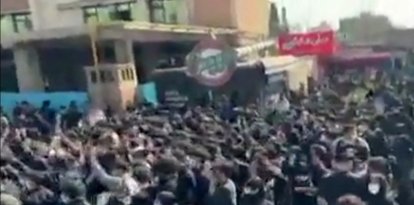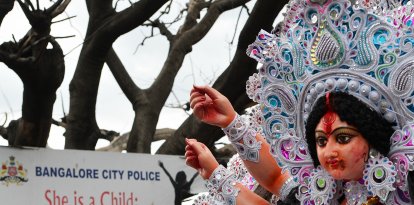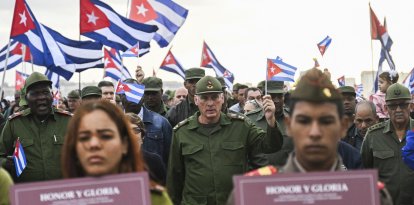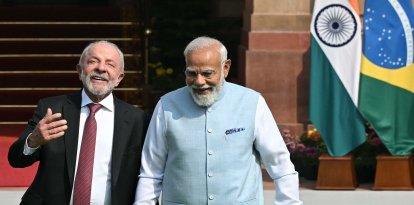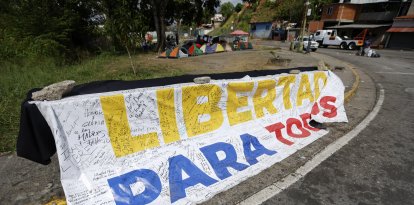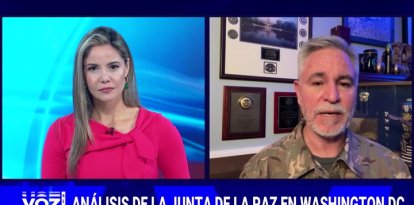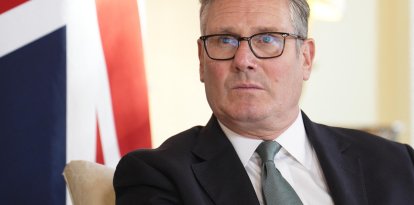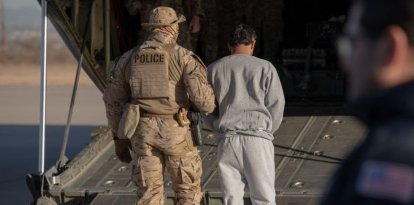Tensions grow between Venezuela and Brazil: Maduro recalls his ambassador for consultations after Lula excluded him from BRICS
The Venezuelan regime argued that the Brazilian measure responds to a strategy of "hatred, exclusion and intolerance," aligned with the interests "of North American imperialism."
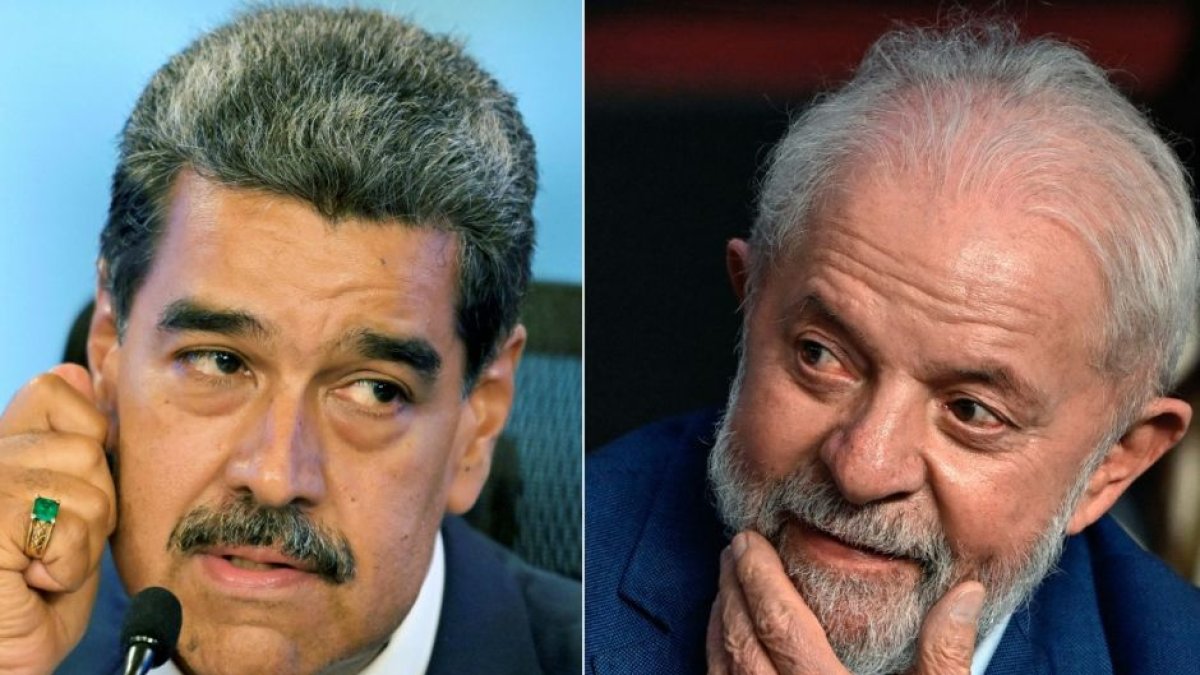
Venezuelan dictator Nicolás Maduro and Brazilian President Luiz Inácio Lula da Silva.
The diplomatic crisis between Venezuela and Brazil intensified Wednesday when Venezuelan dictator Nicolas Maduro recalled his ambassador to Brasilia, Manuel Vadell, for consultations in response to the veto that prevented Venezuela's entry into the BRICS bloc during the recent summit in Kazan, Russia.
In a communiqué issued by the Venezuelan Foreign Ministry, the Maduro regime accused Brazil of adopting a "blockade policy" that, it said, contradicts the approval of the other members of the group. "The national and international community is informed that, following instructions from President Nicolás Maduro Moros, it has been decided to summon Ambassador Manuel Vadell for consultations, immediately," the statement said.
The Venezuelan regime argued that the Brazilian measure responds to a strategy of "hatred, exclusion and intolerance," allegedly aligned with the interests "of U.S. imperialism" that seek to isolate Venezuela in the international arena.
In addition, Caracas condemned what it described as an "irrational behavior" on the part of Brazilian diplomats and strongly rejected the reiterated "rude and interfering statements" by Brazilian government officials, making special mention of former Foreign Minister Celso Amorim, foreign policy advisor to the president Luiz Inácio Lula da Silva.
Brazil's veto not only blocked Venezuela's entry into the block of emerging economies, but also excluded Maduro from the official photo of the event, a gesture that was perceived as a significant diplomatic blow to the Chavista leader.
Rationale for the Brazilian veto
The Brazilian decision was founded on the lack of transparency on the part of the Venezuelan regime in relation to the July 28 presidential elections. Amorim noted that the Venezuelan regime's refusal to present the official minutes of the elections and to allow an independent count undermined the basis for bilateral trust. "The issue with Venezuela has nothing to do with democracy, but with a breakdown of trust," the diplomat assured, stressing that the South American country breached previous agreements.
Maduro expects Lula's support
Despite the growing unrest, Maduro expressed his confidence that President Lula da Silva, with whom he has maintained a historic political relationship, will speak out in favor of Venezuela. In his television program, the dictator suggested that Lula was not yet fully informed about the situation and expressed his wish that, eventually, the Brazilian president would take a favorable position. However, so far, there have been no official statements from Brasilia.
Response from the Venezuelan National Assembly
Jorge Rodriguez, president of the Venezuelan National Assembly(controlled by the regime), also gave his opinion on the diplomatic conflict and warned that he will propose to declare Celso Amorim as persona non grata. Rodriguez accused the Brazilian advisor of being an "instrument" of the US government, particularly of the National Security Advisor, Jake Sullivan, which in his opinion would be linked to Washington's interests in the region.
Deterioration of diplomatic relations
The relationship between Venezuela and Brazil has undergone a progressive deterioration, especially since the Venezuelan presidential elections in July, which have been strongly criticized for the lack of transparency. Sources close to Lula's government, quoted by local media, assure that the Brazilian president is considering a "cooling" of diplomatic relations with Venezuela, which would include the cessation of the recognition of Maduro as head of state as from January 10, when his new mandate begins.
This episode not only marks a new chapter in the tensions between the two countries, but also underscores the growing international isolation of Maduro's dictatorial regime, in its attempt to remain in power.













